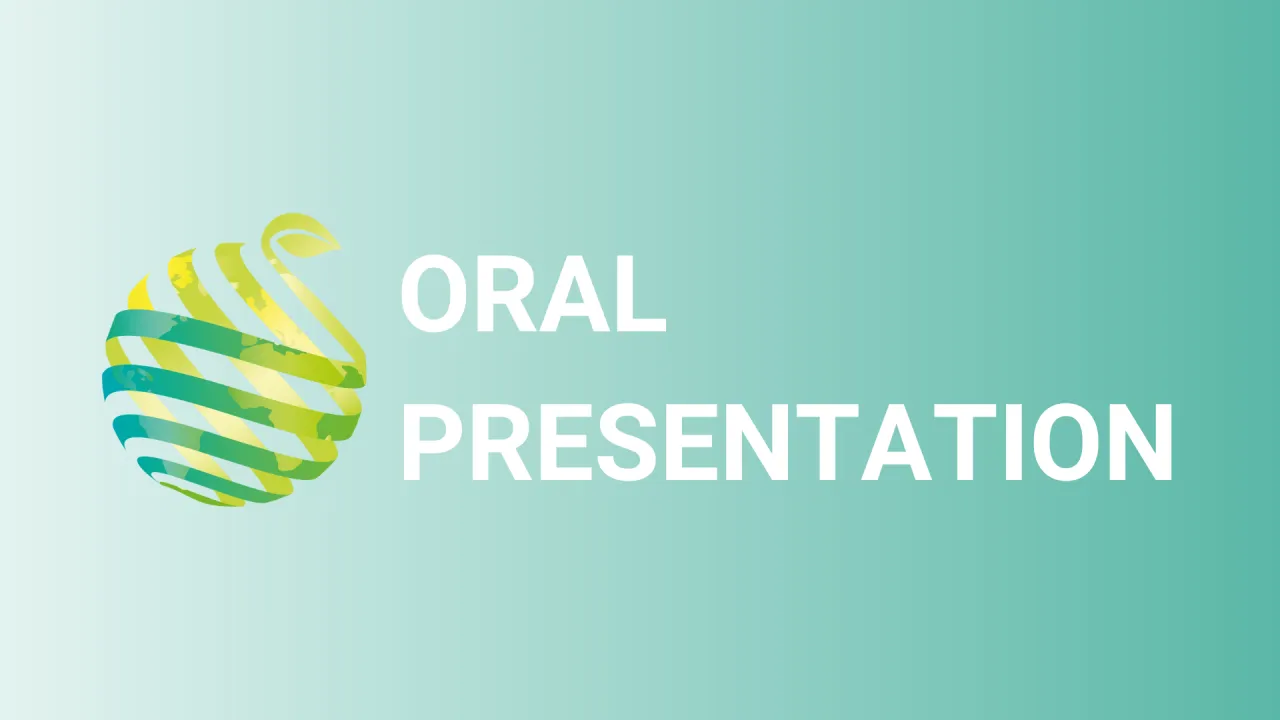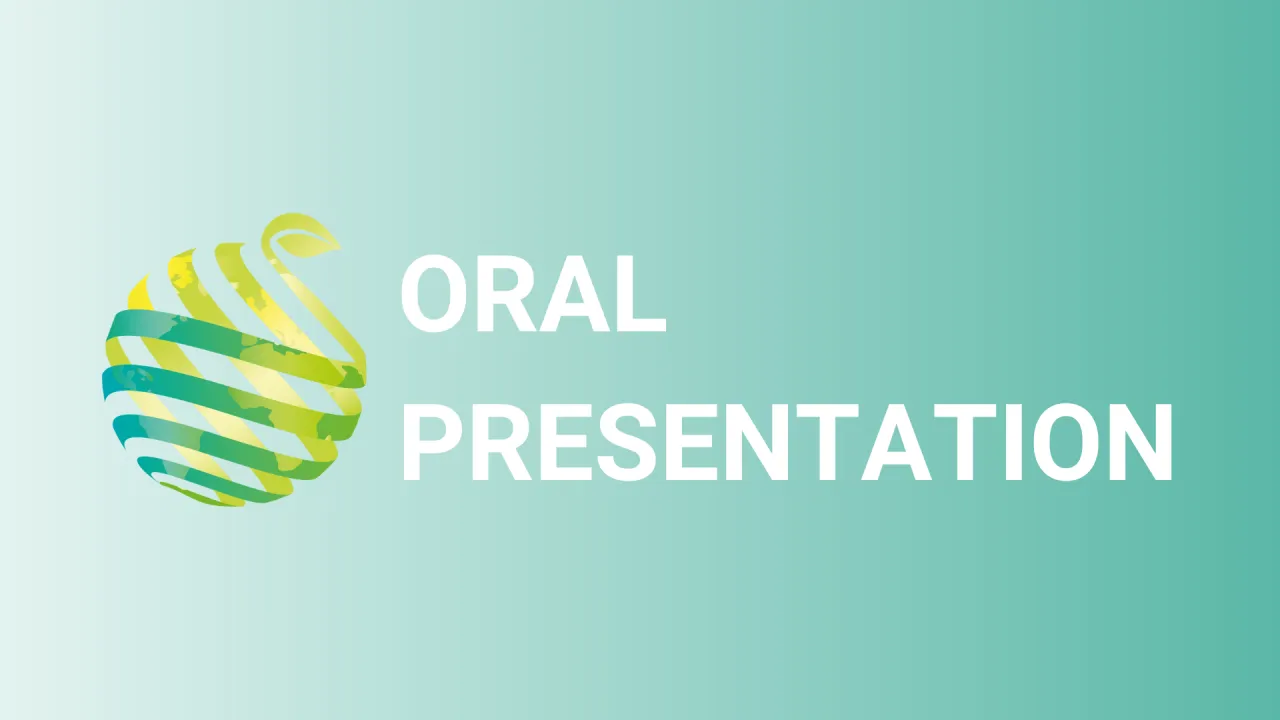

S09 - Session O4 - Recycling local organic matter in peri-urban horticulture : a case-study in the Parisian region
Information
Authors: Kevin Morel *, Léa Boros, Florent Levavasseur, Nicolas Bijon, Lelenda Florent Kebalo
In France, there is a growing demand of locally produced vegetables from urban consumers. Meanwhile, cities and their peri-urban areas are a source of organic wastes (OW) that can be recycled as amendment or fertilizer in agriculture. Our research objective was to investigate the current and prospective uses of OW by market gardeners and fruits growers in three peri-urban territories near Paris. We carried out semi-structured interviews with thirty market gardeners and fruits growers to study their current fertilization practices and their perception regarding the potential use of diverse OW available (or probably available in the future). It turns out that the most commonly used OW are green waste compost and horse manure that are mainly soil amendment. Besides, most farmers used commercial organic fertilizers. Farmers' perception regarding the potential use of biowaste compost is good, as well as for shredded green waste. However, the farmers are more reluctant to use digestate from biowaste methanization and human urine, although they would be the most suitable OW for the substitution of commercial fertilizers (thanks to a high N availability). This reluctance is mainly explained by sanitary risks, legal barriers, logistic problems or fear of consumer perception. We showed that for farmers, OW have to be considered not only for their fertilization or amendments role but also for other farming objectives such as mulching. The rates of OW application greatly varies among farmers but are higher than what is usually applied in field crops. Based on these figures, we extrapolated the required acreages to recycle all composted organic wastes from private households (that are supposed to be soon collected separately) at the scale of the Ile-de-France (Paris) region. This shows that market gardening and fruit production could play a significant role in recycling OW from cities at the regional level.